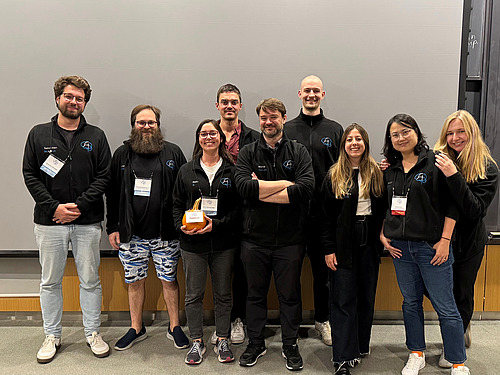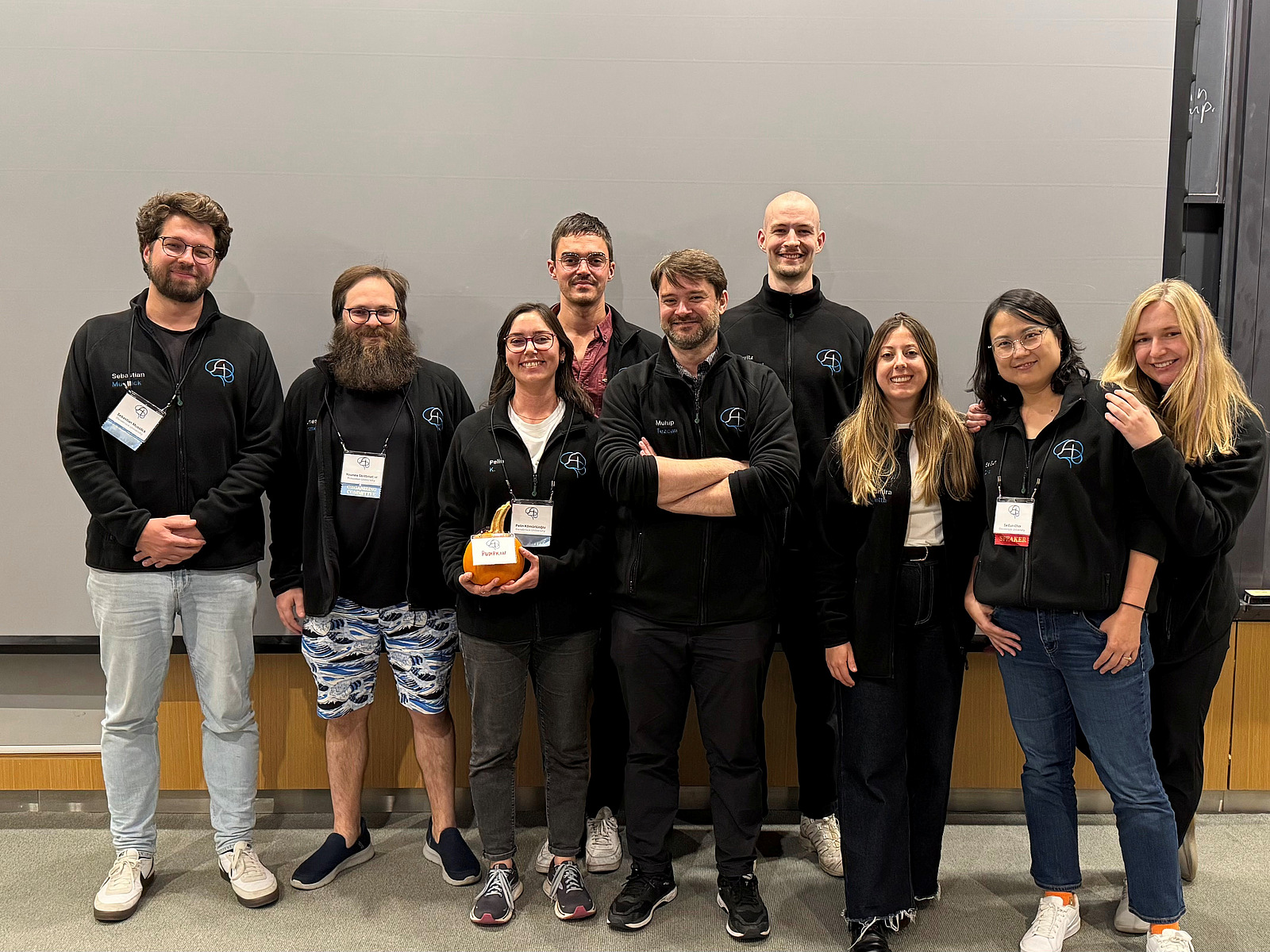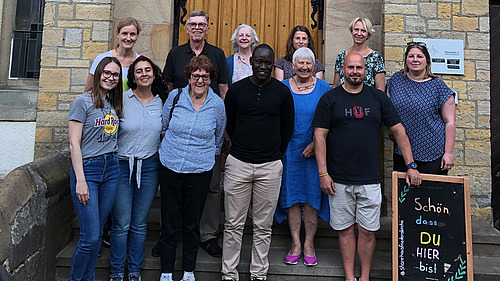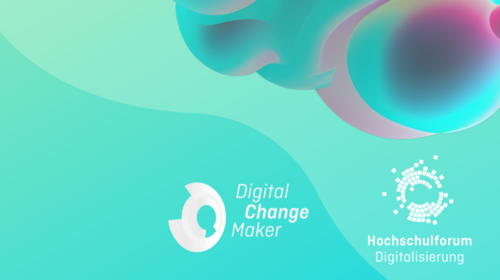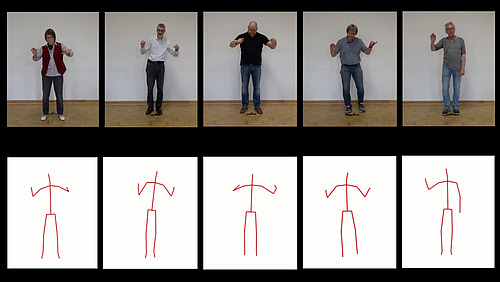The theme of the meeting, which took place from September 23 to October 3 at Princeton University, was "Automated Scientific Discovery of Mind and Brain".
The two-week workshop brought together researchers and students from the fields of psychology, neuroscience, cognitive science and artificial intelligence to discuss and experience how new AI technologies can accelerate and automate key aspects of scientific discovery, such as experimental design, data collection and modeling.
"We are witnessing a transformation where AI is not only assisting scientists, but increasingly participating in the discovery process itself," said Prof. Musslick. "Our aim was to examine the impact of this development on the study of mind and brain and to lay the foundations for future collaborations in this exciting new field."
The workshop was supported by the Ministry of Science and Culture of Lower Saxony and the Department of Psychology at Princeton University and fostered an international community of researchers at different career stages. The event also initiated several new joint research projects and laid the groundwork for future grant applications and doctoral exchanges between the two universities.
The results of the meeting are in line with Osnabrück University's new Research Center for Data Science, where "AI for Science" is a central focus. "Through collaborations like this, we are positioning Osnabrück as a hub for automated scientific discovery and AI for science in Europe," explained Musslick. Due to the great success of this first event, the series is to be continued with a workshop at Osnabrück University.
Further information for editorial offices:
Prof. Dr. Sebastian Musslick, Osnabrück University
Institute of Cognitive Science
sebastian.musslick@uos.de
